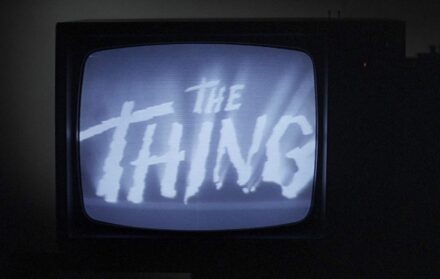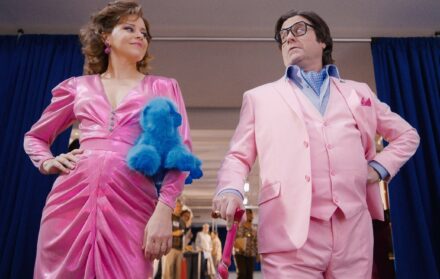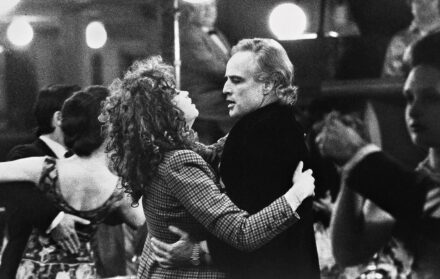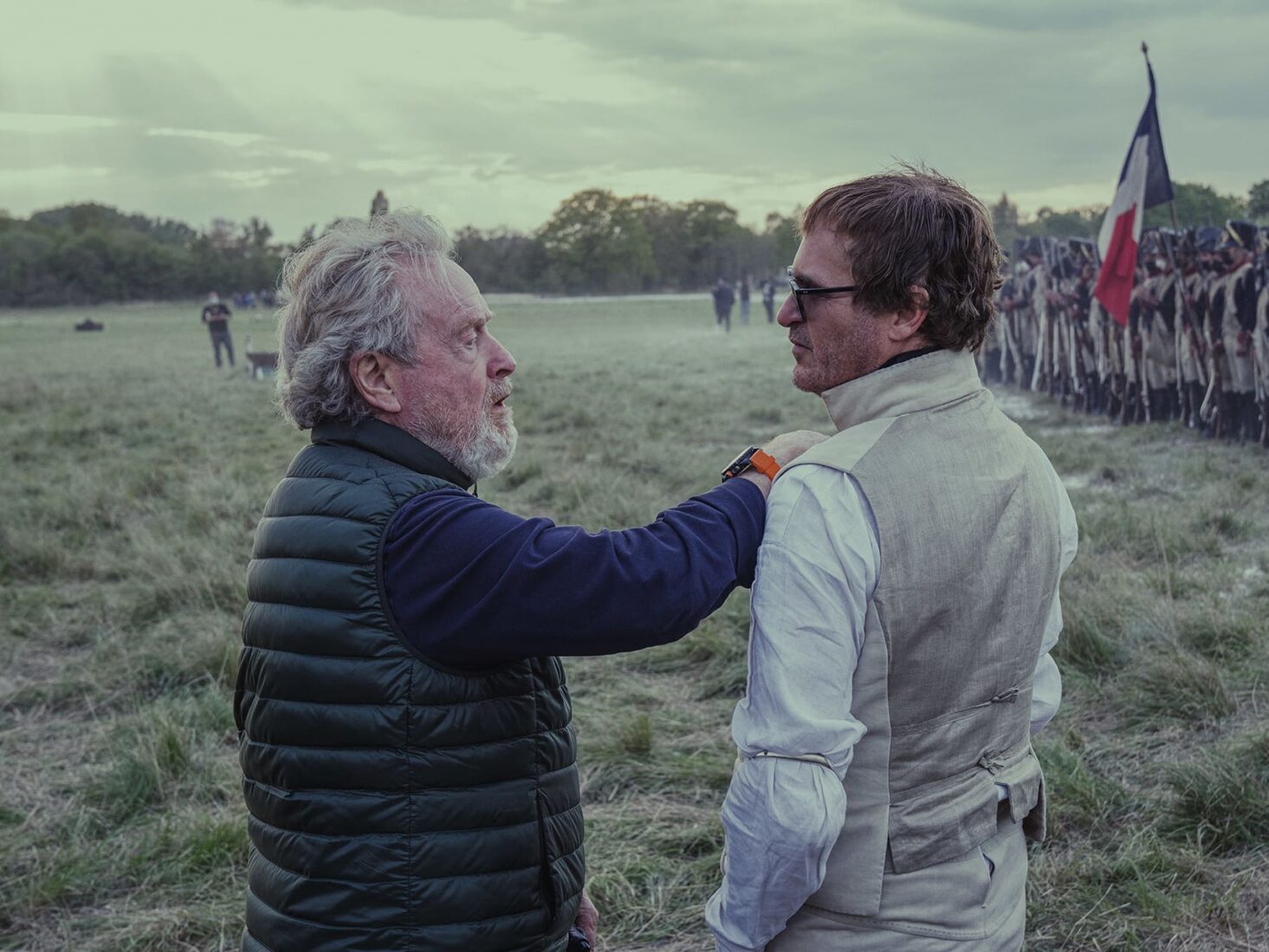
Napoleon: How historically accurate is Ridley Scott’s new bio-epic?
Scott’s latest film begs many questions: did Napoleon really have breakfast with Wellington? Did he shoot cannons at the pyramids? And, most importantly, can we ever know what the Emperor was really like?
In Ridley Scott’s new film, Napoleon, the soon-to-be Emperor of France aims his cannons at the Egyptian Pyramids during a campaign in 1798, and fires. This piece of theatre prompted a collective chorus of ‘well, actually…’ from outraged historians the world over, who swiftly took to X, formerly Twitter, to let everyone know that ‘he never did that’. A number of other cinematic flourishes on the part of Scott, who clearly opted to play fast and loose with the ‘bio’ part of ‘biopic’ for the purposes of entertainment, elicited the same response.
The criticism started as soon as the trailer dropped, in the form of historian Dan Snow making a TikTok video explaining why Bonaparte, played by Joaquin Phoenix in the film, neither ‘[came] from nothing’, nor ‘conquer[ed] everything’, as the promotional poster states. His father was an aristocrat and the Emperor famously never conquered Great Britain, despite his best efforts (although an invasion force did gather, his other campaigns meant they never departed for British shores, and the plans were shelved in 1802). That said, Bonaparte was a relative unknown from the island of Corsica, and still became the Emperor of the Western world, so I think we can forgive some hyperbole for the purposes of a snappy slogan.
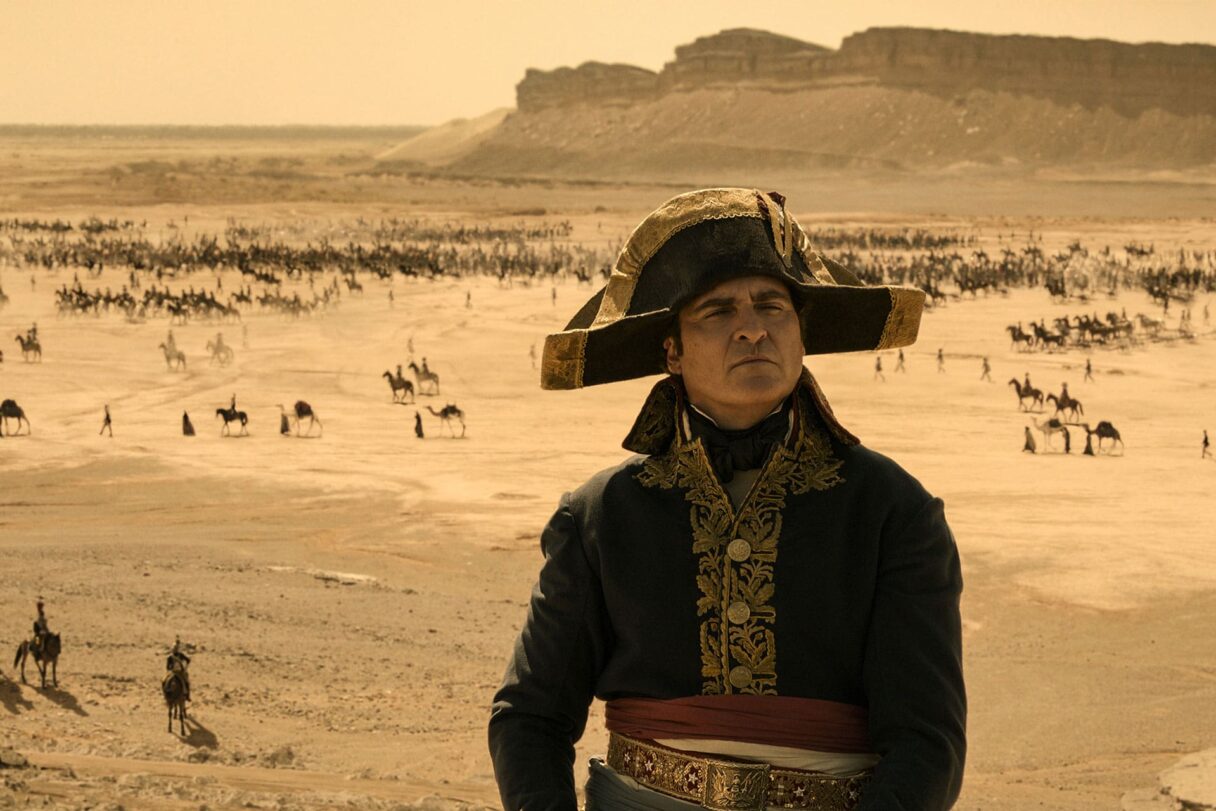
Snow also took issue with details from the opening scene of the film, when we see Marie Antoinette sent to her death on the guillotine – she is sporting a black dress and a shock of frizzy platinum hair as she makes her way through the Place de la Révolution. The historian points out that her hair was famously cropped ahead of her execution and was forced to wear a white dress – the colour worn by widowed queens of France.
In Napoleon, Bonaparte is present at the execution, observing proceedings with an impenetrable expression; in reality, he was at the Siege of Toulon at the time (which the film has happening later). That said, he was in Paris to see Marie Antoinette and Louis XVI jailed in 1792, which Michael Broers, an author of several books on Bonaparte who attended script meetings for the film, says “made an indelible impression on him”. So, placing Bonaparte at the guillotining did have some purpose in the development of his character.
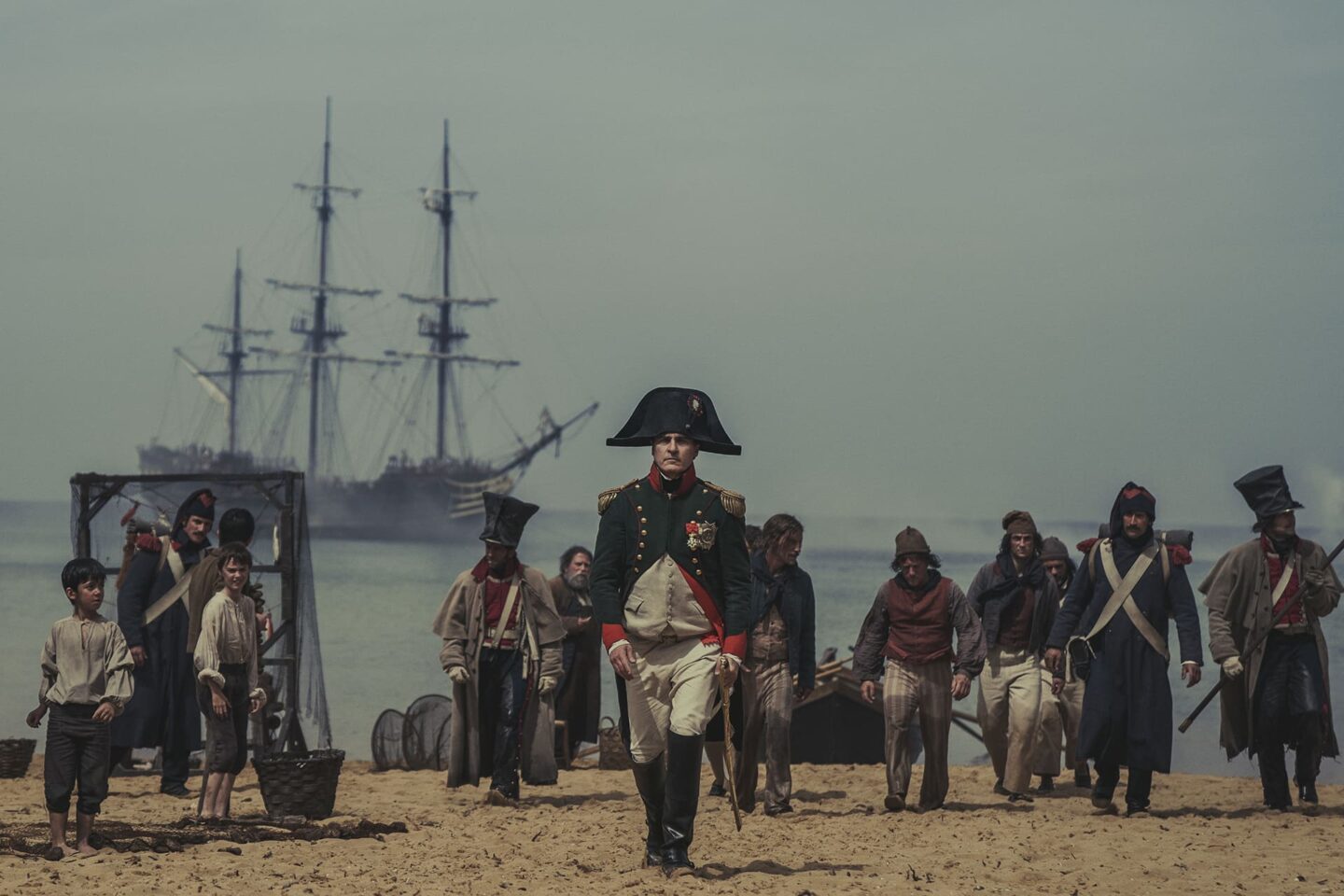
Napoleon also shows the downfall of Maximilien Robespierre – a revolutionary who presided over the ‘Reign of Terror’ after the abolition of the monarchy. Historical records show that his jaw was broken during his arrest at the Hôtel de Ville, and there are two accounts of how this happened: the first says that Robespierre tried to kill himself with a pistol, and the second that he was shot by a soldier. Unsurprisingly, Scott goes with the first version of events, and zhuzhes things up a bit: Robespierre is hounded out of the National Assembly by political rivals and attempts to shoot himself during the chase, rather gruesomely missing.
Now onto that Pyramids scene that so irked military historians. In short, no, Bonaparte never shot at the Pyramids – as Snow points out, “We are seeing this 12-pound cannon firing at maximum elevation. Can it hit the top of the Pyramids from where they are standing? I very much doubt that.” Historian Patrice Gueniffey has said of the scene, “Napoleon… didn’t touch any landmarks. He brought 130 scholars on this expedition to make an inventory of Egyptian civilization, so if anything we owe Napoleon the creation of ancient Egyptian studies.” The image of a cannonball barrelling into the structure, however, was, Scott has said, a quick way to illustrate Bonaparte’s success in the Ottoman territories.
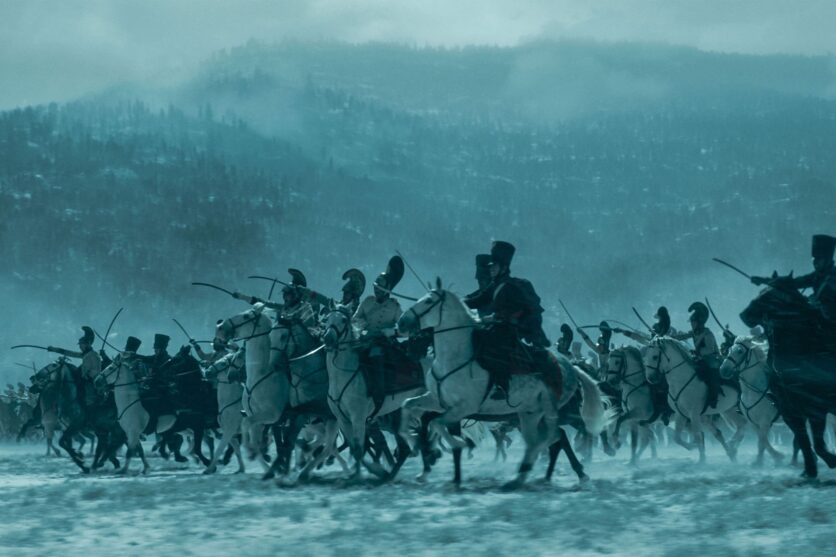
In Napoleon, the Battle of Austerlitz, which France fought against the Russians and the Austrians in 1805, is won when Bonaparte lures his enemy onto a frozen lake and then fires cannonballs into the ice, drowning them. This categorically did not happen, says Gueniffey, arguing that the pond (that’s ‘pond’, not ‘lake’) was only 15 centimetres deep.
Further, Bonaparte would never have led a cavalry charge as he did in Scott’s version of the Battle of Waterloo (but come on, the film would have felt incomplete without the requisite shot of the Emperor galloping at the enemy with his sword above his head). Another big question raised by the film: did he and the Duke of Wellington really meet? In Napoleon, the pair have breakfast on the HMS Bellerophon in Plymouth, during which Wellington informs Bonaparte about his exile to St Helena, the remote British overseas territory in the South Atlantic Ocean where he would live out the rest of his life. In actual fact, the two generals never met face-to-face.
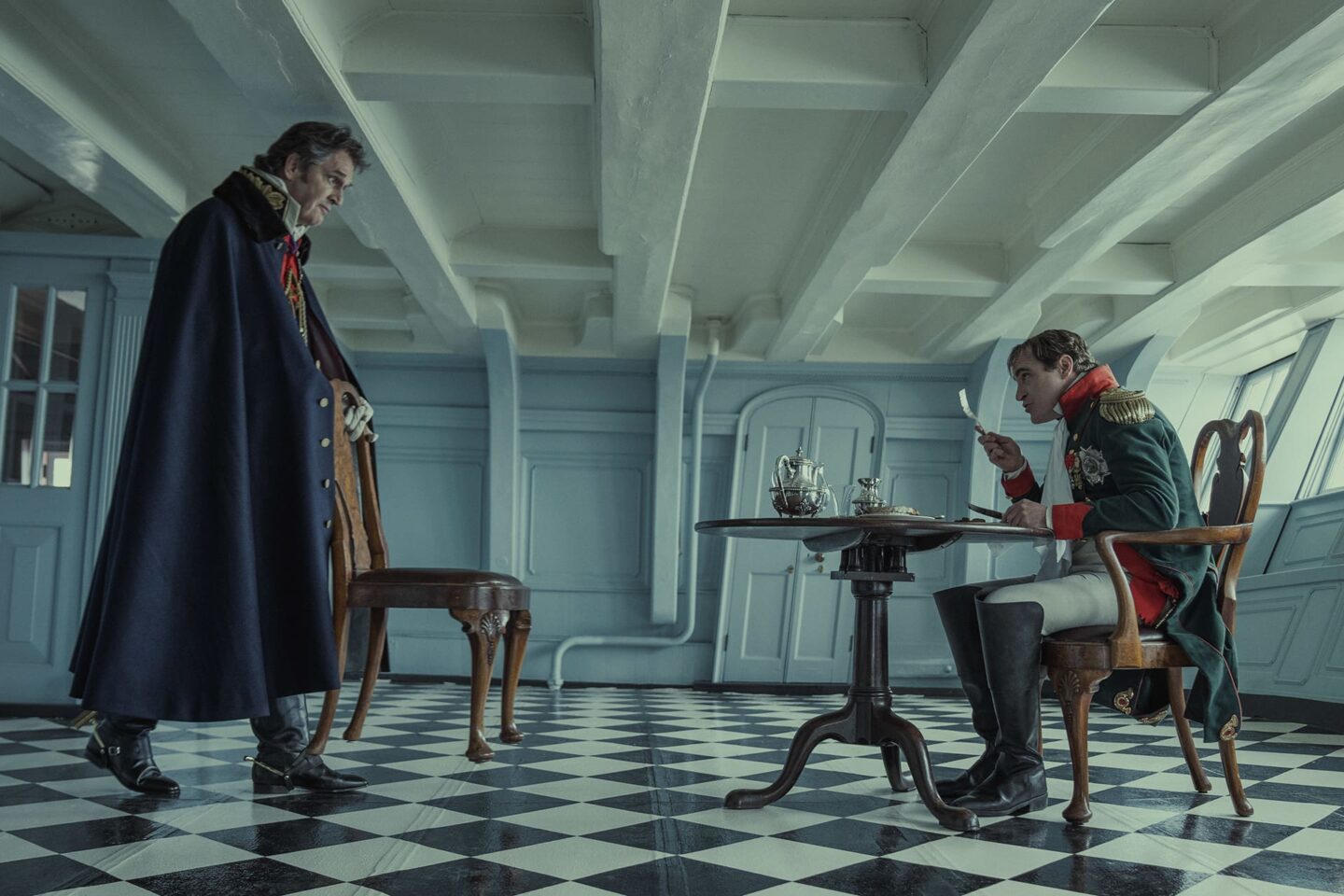
Nitpicking of the facts aside, Napoleon does grapple with a very interesting question that no one really knows the answer to: what was Bonaparte actually like and, more specifically, what was the nature of his relationship with his wife, Joséphine? This is a matter on which the film dwells, rather than the tactical ins and outs of his military career.
Scott has not pursued a flattering interpretation. His Bonaparte is a man with deep insecurities – about his position on the world stage and about his wife, which seem to go hand-in-hand. He is a petulant and blunt-edged individual, which manifests in a sexual incompetence that drives Joséphine to find romantic fulfilment elsewhere. Little is made of his reported military genius, and his famous battle tactics are hardly explored; Austerlitz, one of the most significant victories of Bonaparte’s career, is portrayed as a parade of brutality rather than a triumph.
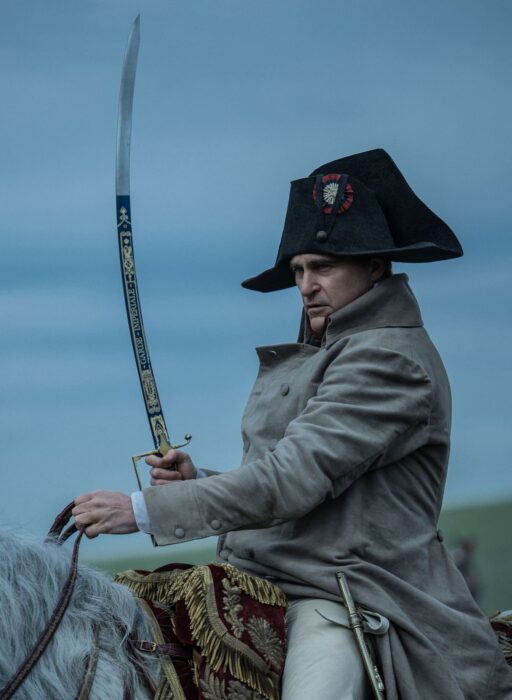
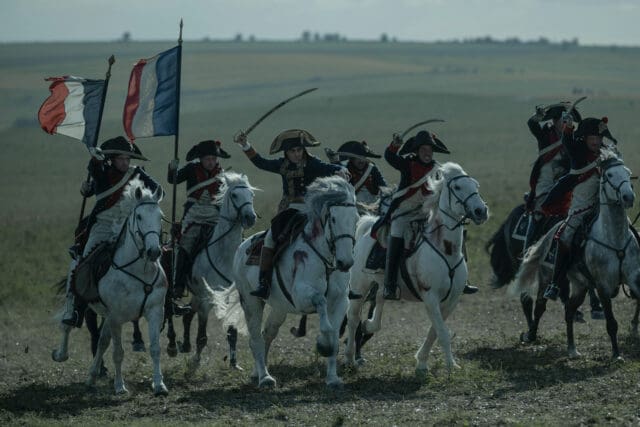
Vanessa Kirby’s Joséphine is, for all intents and purposes, a strong woman – Bonaparte’s obsession with her means that, were they not living in the patriarchal society of the 18th century, she would have him wrapped around her little finger (“You want to be great, but you are nothing without me,” she tells him).
So, how accurate is all of this? Well, the adaptation of the French Emperor as an insecure narcissist isn’t entirely new: a particularly well-crafted piece of propaganda by British cartoonist James Gillray cast an enduring impression that Bonaparte was a short man with a complex to match. For some military buffs, this is tantamount to sacrilege; historian Andrew Roberts, for example, wrote a scathing article in The Times arguing that Scott’s film portrays Bonaparte as a ‘proto-Hitler’, which he calls ‘as tired as it is absurd’.
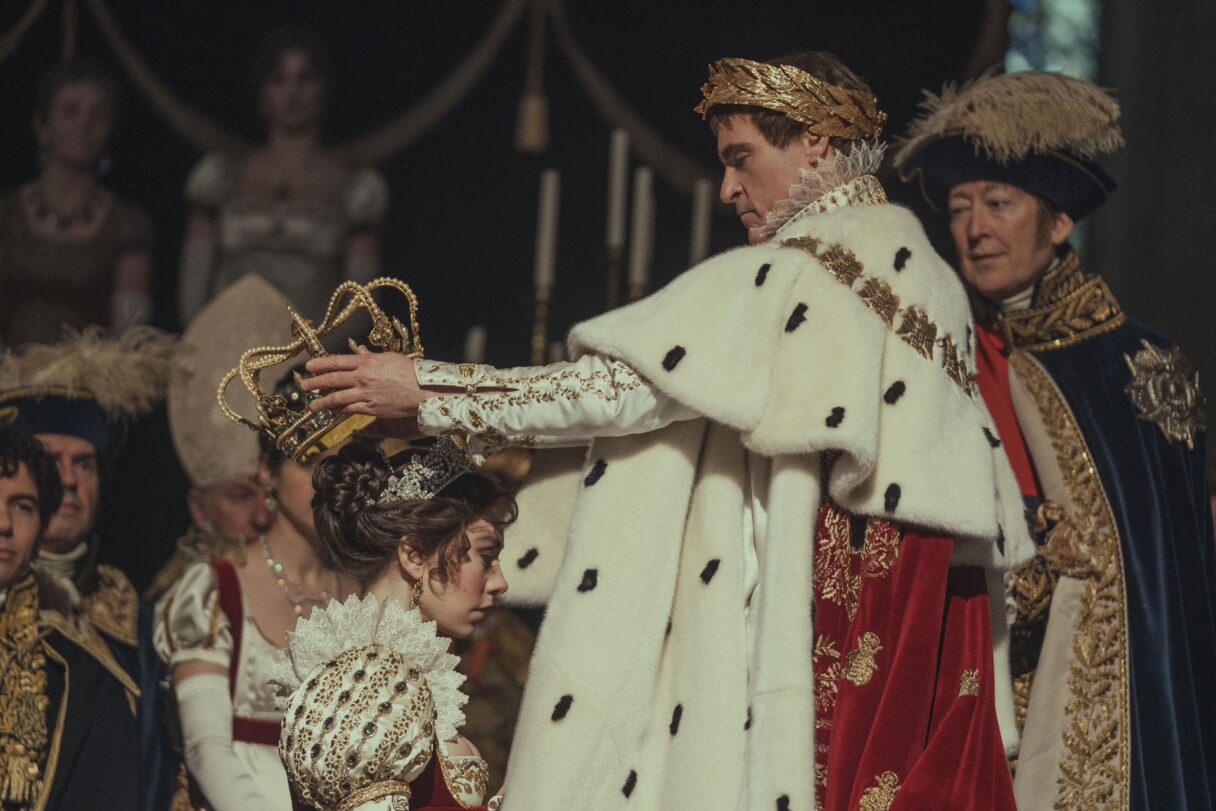
In reality, Bonaparte was somewhere between five foot five and five foot seven, which was about average for the time. However, there are elements of truth in Gillray’s and Scott’s depictions. Bonaparte was shorter than Joséphine, as well as being six years her junior. He was sexually inexperienced when he met her, says Broers, which we know “because he told people and it’s in his memoirs”. She was also unfaithful to Bonaparte, a fact that the media used to torment him – when a ship carrying his letters to Joséphine was intercepted, the press had a field day.
Of course, when it comes to the relationship between the Emperor and Empress, we can never really know the truth. That said, as is correctly stipulated in the film, Bonaparte’s last words really were “France, the army, head of the army, Joséphine”, which implies the reverence he held for his wife until the end.
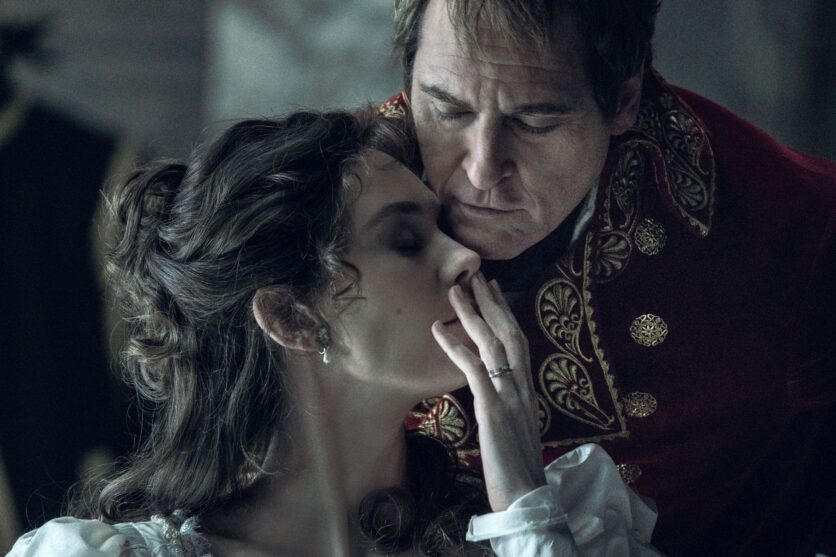
Scott’s response to critics was concise: in an interview with The New Yorker he told them to “get a life”. He also told France Inter Radio: “My answer to them is, ‘How do you know? Were you there?’” Responding to this, historian Guy Walters said, “Ridley Scott has resorted to that time-dishonoured and lamest excuse for getting his history wrong in his Napoleon film. Telling people ‘you can’t know because you weren’t there’ negates the whole pursuit of historical knowledge, and basically gives you a pass to make it all up.”
In my opinion, the fastidious hand-wringing by such experts is both pedantic and puritanical. Napoleon is a film, not a documentary (does one watch Gladiator to learn about the intricacies of the Roman Empire, or to see Russell Crowe wrestling a tiger?), and a degree of artistic licence is not only entertaining but necessary when compacting one of the most famous lives in history into a watchable two hours and 38 minutes.
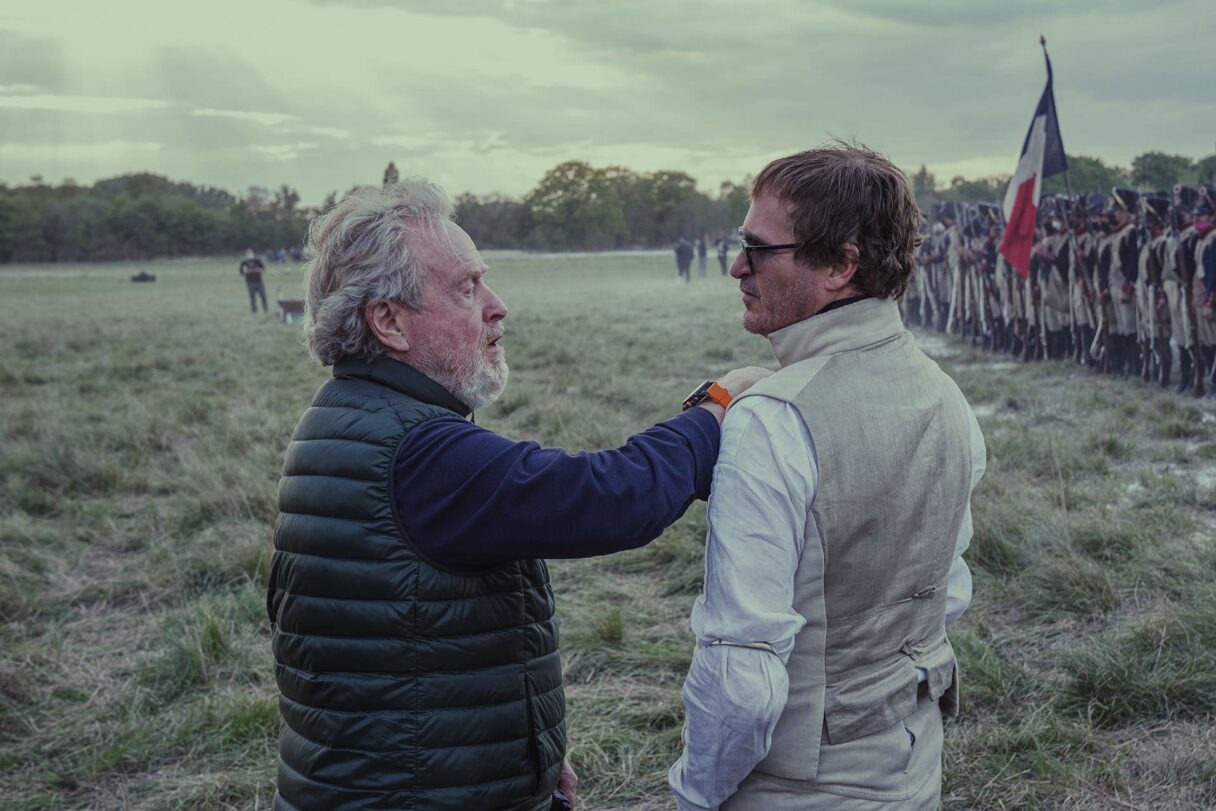
Napoleon gives us what we want (hoards of extras getting skewered on bayonets), as well as something we don’t know we want: an alternative, and flawed, portrait of one of the most lionised figures in history. Scott’s was a conscious decision not to sweat too laboriously over finer historical accuracies in order to develop his portrayal of Bonaparte. After all, it was the Emperor himself who once said: “history is a set of lies that people have agreed upon”.
Or did he?


